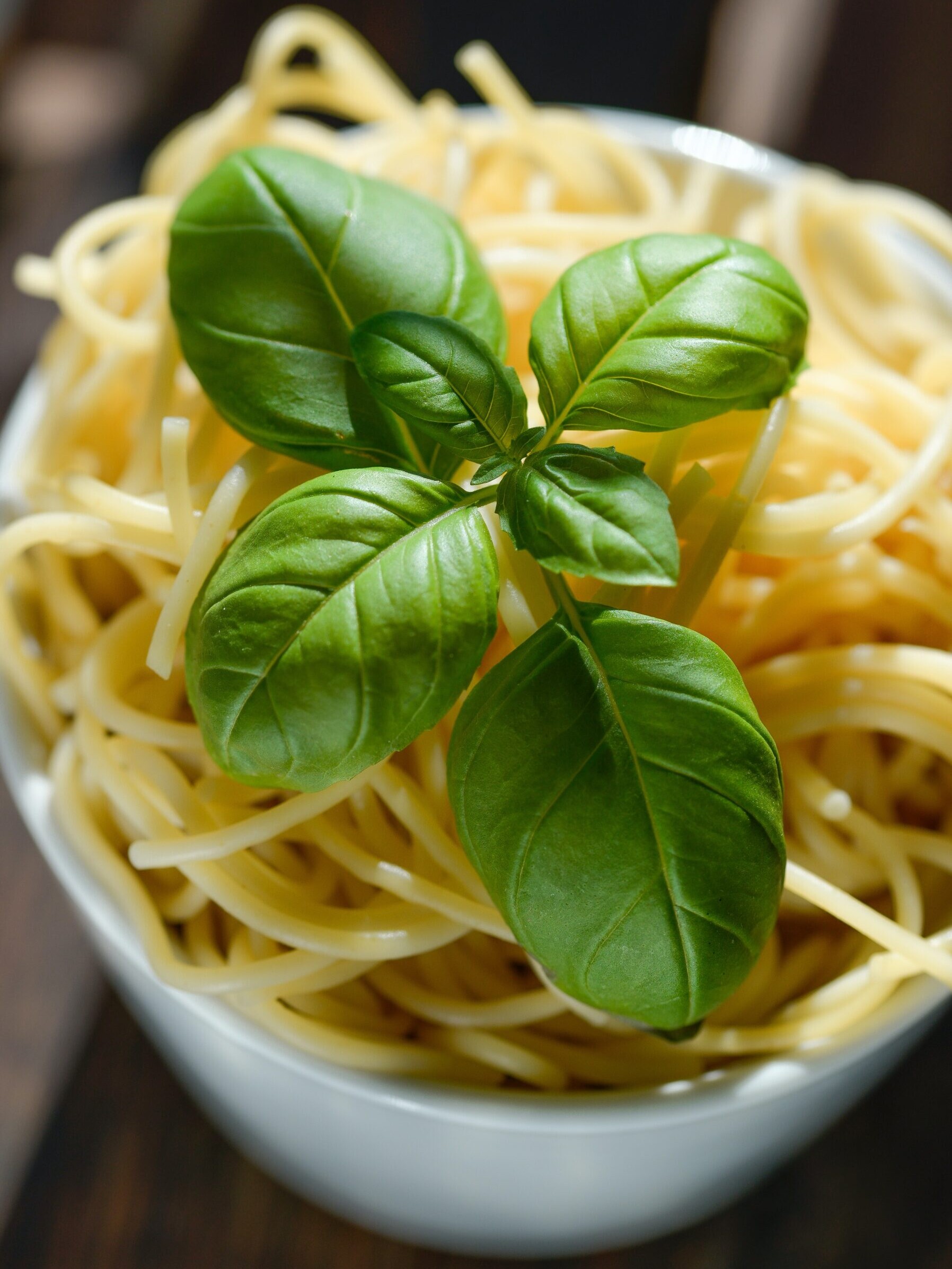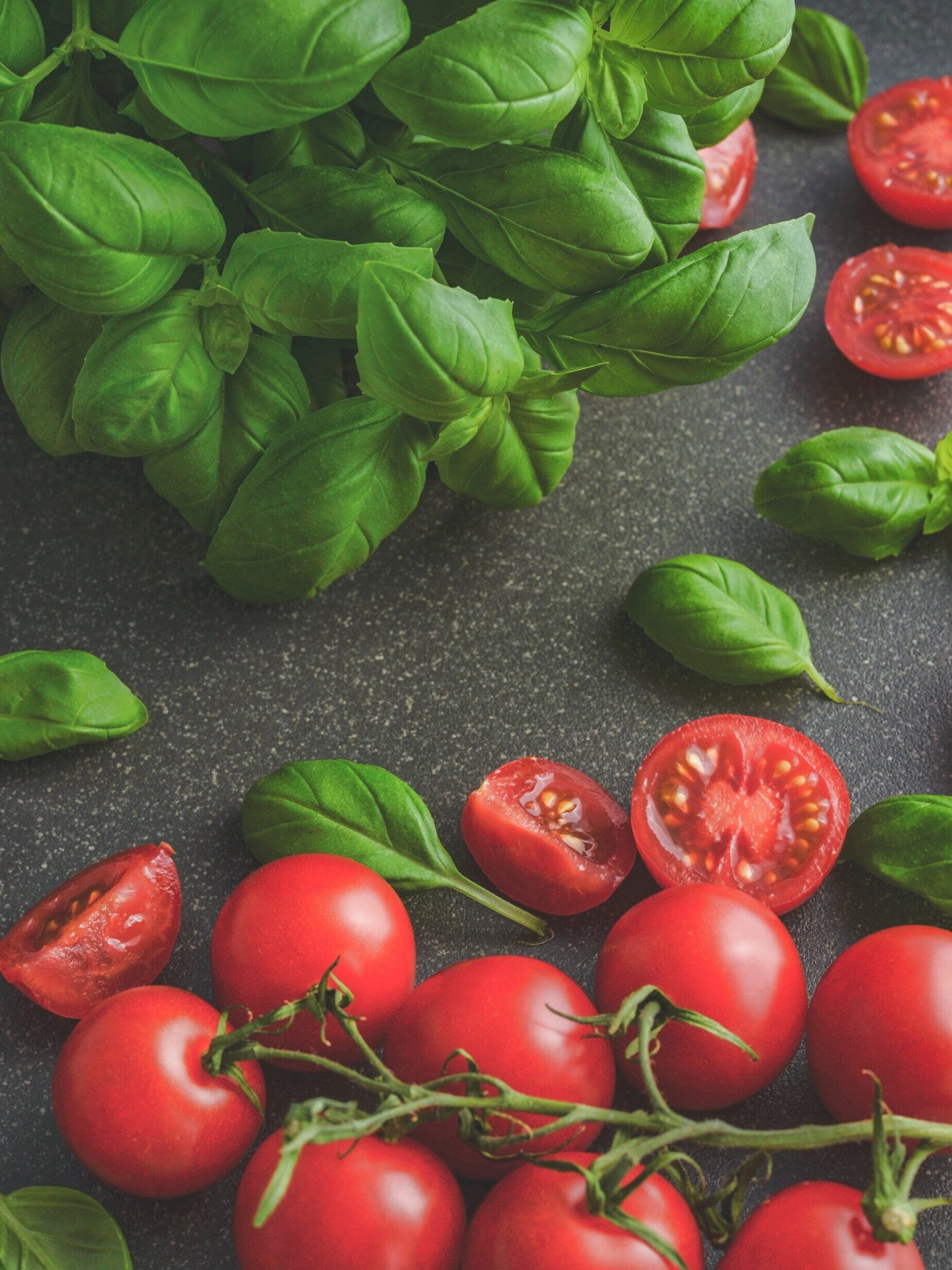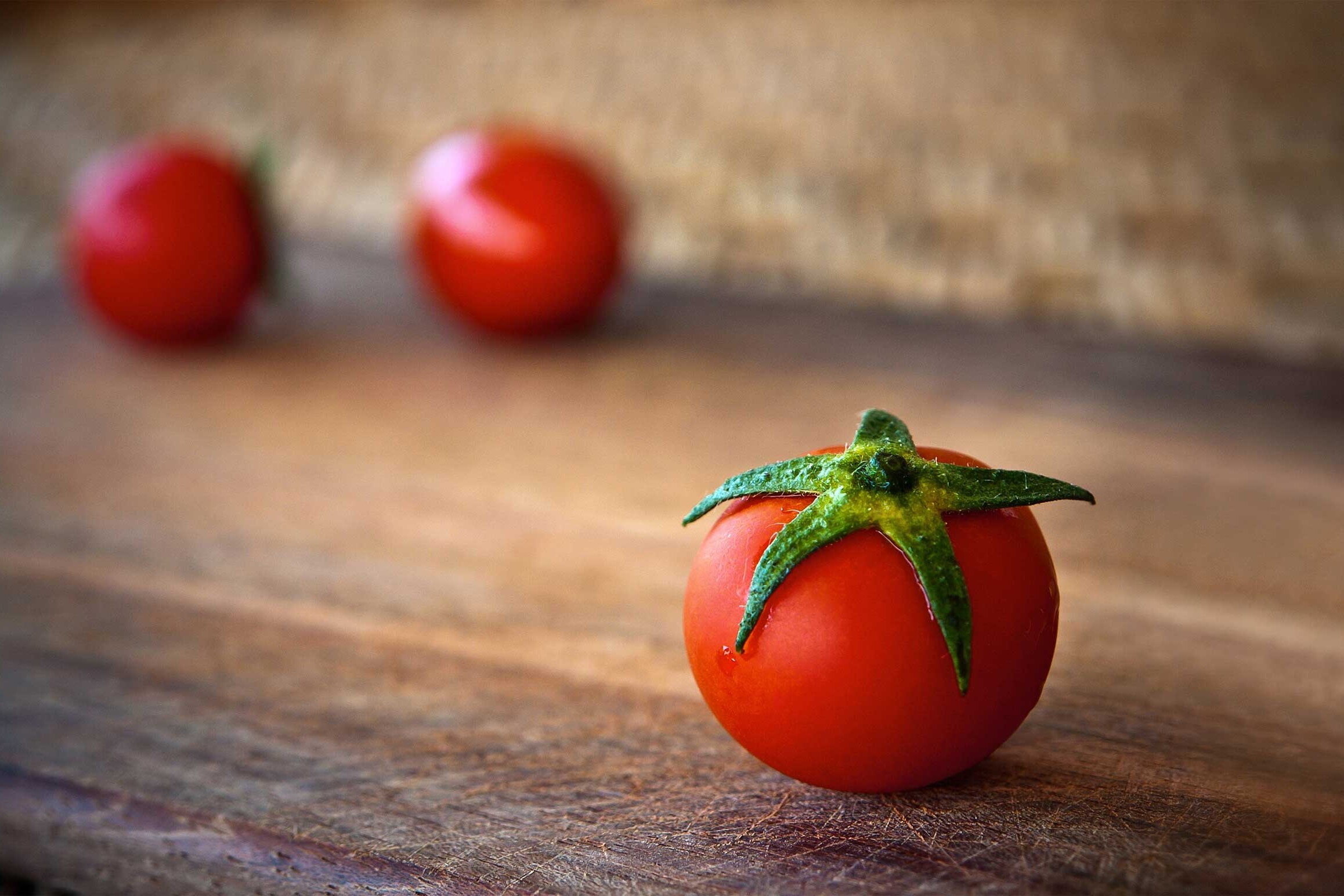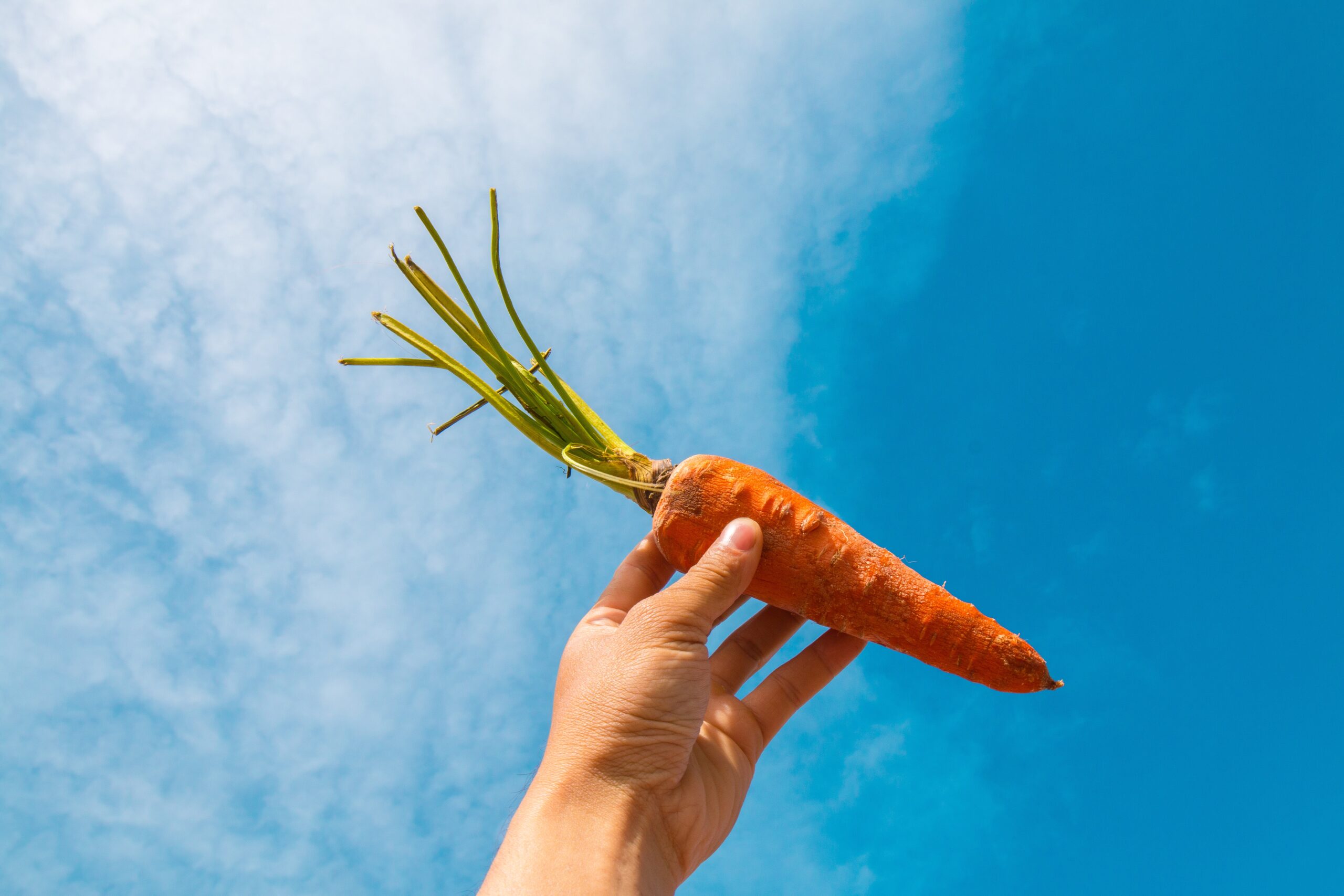Some plants have all the luck. Basil is arguably the most fragrant and most tasty herb found in nature, but it is also one of the healthiest ones. No wonder the green jewel is revered in India and Southern Europe as a royal or even a sacred treasure!
Who can resist their intoxicating scent? Their rich and fulfilling flavor? Few (if any) herbs spread an aroma as powerful as basil does. That may explain why the pleasing plant has made quite a name for itself in Italian cuisine. Basil can really lift Mediterranean dishes with (typically) a limited number of ingredients to a higher level. It partners perfectly with tomatoes (and tomato sauce), and adds depth in flavor to soups, salads, fish and meat, as well as vegetarian dishes (as a support act to asparagus, eggplant, zucchini, and other vegetables).
Be warned, though, you must handle basil with care. You shouldn’t add their sacred leaves to your dish until you’re ready to serve it. If you cook them together with your other ingredients, they lose most of their flavor and nutritional value. Only dried basil, weaker in flavor, agrees to be cooked. Another piece of advice: if you want to slice basil leaves, tear them by hand and do not cut them. When you put your knife into them, they quickly develop an unsavory dark color and lose much of their flavor. Oh, and one more thing: you best preserve fresh basil in a cool and dark place, but definitely not in your refrigerator.


The name basil derives from the ancient Greek word basileus, which means king, sovereign, or royal. Coincidentally or not, around the same time the ancient Romans considered basil a royal treasure. In India, basil has been hailed as a sacred plant for ages. Ancient Egyptians praised it for its medicinal qualities. They even left basil leaves in tombs in order to protect the dead from evil spirits and demons. Renowned Roman naturalist Pliny Secundus claimed basil-infused vinegar cured insect bites. Basil leaves are still touted as an insect repellent, although we must acknowledge there’s far more effective cures available today.
A single leaf of basil carries a bucketload of minerals, particularly calcium, potassium, iron, phosphorus, zinc, and magnesium, as well as vitamins A, C, and K. Antioxidants such as zeaxanthin fight free radicals in our body and protect us from harmful UV rays. In aromatherapy, basil has built fame as a key ingredient in the treatment of warts, muscle pain, cramps, migraine, stress, and fatigue. Its essential oils are included to protect you from dry skin, acne and psoriasis.
That’s all lovely, but let’s not get carried away! To keep things into perspective, a handful of basil in a pasta sauce or salad adds more flavor than health benefits to a meal. If you (want to) use basil-infused aromatherapy products, consult your doctor or therapist first, in order to eliminate possible allergic or harmful reactions. Pregnant women need to be extra careful, as basil contains estragole, methyl eugenol and safrole, substances that could possibly disturb a pregnancy when consumed in large quantities.
READ MORE
The tomato: a true story
Botanically speaking, tomatoes are a fruit. In 1893, however, the U.S. Supreme Court ruled that this juicy jewel of nature should be classified as a vegetable. It was a decision…
Better living with carrots
Carrots are the world’s second most popular vegetable, only beaten by the mighty potato. Their natural sweetness appeals equally to young and old. And what’s more, you don’t even…


